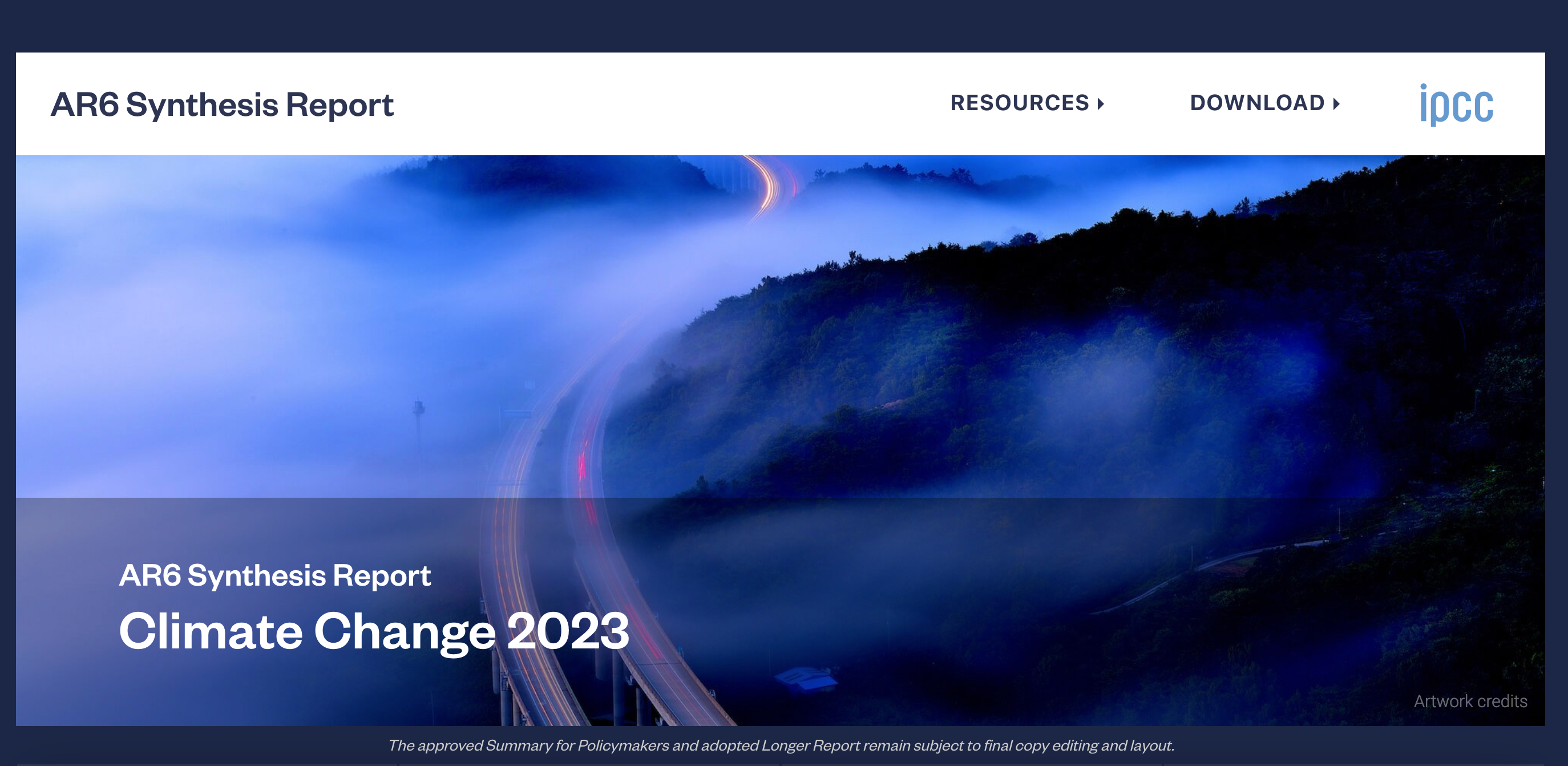Did you know that this is the warmest decade on the record, and that 2020 was one of the three warmest years ever? Climate change is today’s reality – as a warning, but also an opportunity.
The fourth consecutive Green Days were held in February 2022. It is an annual conference on green issues, and the experts and decision-makers had the opportunity to discuss sustainable development and the fight against climate change with young people. The focus was on the question: what is Montenegro doing to tackle the biggest challenge of modern history and what is the perception and role of young people in this whole process?
Climate change is caused by human factors and represents the biggest challenge humanity faces today. This change primary involves a threat to human lives, makes certain parts of the planet Earth uninhabitable, and has a direct impact on the economy as well. Montenegro is not immune to climate change either. Moreover, due to its geographical position, topography and social and economic characteristics, Montenegro is particularly exposed and vulnerable to the effects and dangers of this change. First of all, we are referring to the impact on weather conditions, such as summer droughts, heavy rains and snowfalls, which we had the opportunity to experience in the previous years. There is almost no green area on our coast and in one part of the country’s central region that has not been affected by wildfire at least once. They leave bare and grey areas behind, which we notice best when the autumn rains start and the summer season hustle is over. The hydrometeorological changes of our climate are very much felt in Montenegro; it suffices to talk to our elderly fellow citizens, who remember very different weather conditions that did not constrain everyday life.
Climate projections for Montenegro, which were presented at the Green Days conference, indicate that climate change has only just begun. Climate change implies a continuous rise in temperature on the territory of our country during all four seasons, by two degrees on average, as well as three to five times more frequent heat waves. If that does not seem significant to you, remember the previous summer when a greater number and longer heat waves were recorded, and temperature records were broken in the north of Montenegro. Although such projections are concerning, primarily because of their impact on our health, daily life, routine and habits, they do not only serve as a warning, but offer us a sort of opportunity.
Climate change is a chance for a different way of thinking, a revival of the economy and the economic system, as well as an opportunity to encourage cooperation among different groups within the community and among countries. As we don’t have the option to simply close and shut down the infrastructure that powers the global economy — not without great damage to jobs, food, health care, and security — we need to work to develop more sustainable economies, to make our communities more resilient to the imminent climate threats. Within the fight against climate change, individual contributions and achievements have positive effects at the micro level, but it is the combined efforts at the international level that count and have the power to bring fundamental changes
In this regard, there are steps that each country must complete to become a part of the international system of fighting climate change, and this includes, first of all, formation of the National Sustainable Development Council, whose goal is to coordinate and motivate the process of reducing emissions of harmful gases by at least 30% until 2030, compared to 1990 as the base year. Specifically, the role of the Council is to direct and monitor the implementation of development policies in the country and ensure their sustainability, and as such it constitutes a crucial platform to exchange knowledge, expertise, information and practical experience of its members. It is, therefore, important to involve all relevant stakeholders from the society in its work, that their voice is heard, included and turned into specific ideas and activities through its participative character and cooperation at all levels.
A proactive approach and responsible behaviour, starting with ourselves, are the most effective ways to reduce the adverse effects of climate change in the long run, and understanding the seriousness of this problem is only the first step in overcoming the challenges that lie ahead successfully. This is the duty of every individual and in every aspect of life, from how we behave when we are in nature, at home, at work, in the countryside, among our family members, friends, how we teach our children and which values we pass on to them, which decisions we make and which policies we design. Still, the messages that we receive from all over the world, regarding innovations in the development of new technologies that will help reduce human contribution to climate change, better projection of its consequences, increasing funds and available sources of financing for green projects, climate and the so-called clean technologies, are encouraging and inspire a different way of thinking about our future.
Although Montenegro’s “contribution” to climate change, when compared to the rest of the world, does not seem so terrible, given that we emit 0.0009% of greenhouse gases, this does not mean that we should not be involved in addressing this burning global issue. Therefore, every time you go to the store, don’t forget your cloth bag, and if you buy something in plastic packaging, be careful where it ends. Small changes make a big difference.
 Back to previous page
Back to previous page






